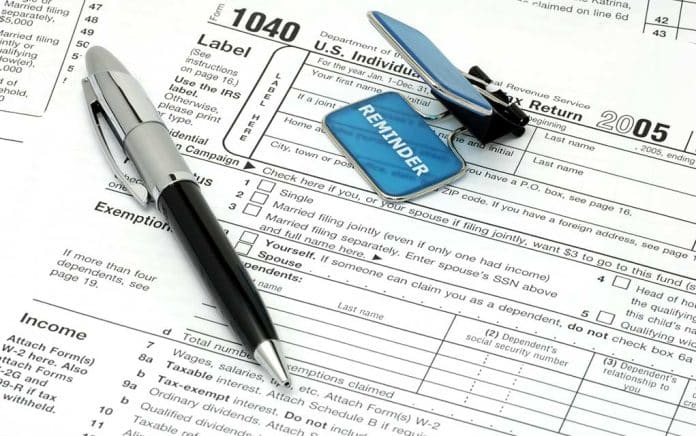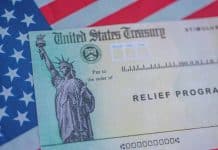
Business Expenses Could Save You Money at Tax Time
At-home business owners often run on a tight budget. Whether you’re running a small business or self-employed, paying more in taxes than necessary is an expense you simply can’t afford.
Deductions take into account what was spent on running a business, reducing the total amount of taxable income for the year. Keep reading for eight can’t-miss tax deductions for at-home businesses.
Home Office
For self-employed workers, the home office is where the magic happens and it can also be a big source of deductions. A home office write-off allows taxpayers to deduct a portion of what is spent on rent or mortgage payments. There are two different ways to calculate this amount — with an exact number of what the taxpayer spent on their home office or by using a rate provided by the IRS.
In addition to the home office deduction, office supplies and equipment also count as write-offs, so keep those receipts!
Research and Education
Professional development of all kinds is fair game in the world of deductions. This means that taking online courses and attending conferences could be used to lower your tax bill. The key to determining what counts and what doesn’t is simple — does this course or conference build skills in your current career? If the answer is yes, then deduct it!
Research materials in the form of books, magazines or other publications also count as business expenses as long as they’re clearly applicable to the taxpayer’s line of work.
Cell Phone and Internet
Internet and cell phone expenses are deductible, even when they’re used for personal reasons. The catch? A percentage of the cost must be calculated based on how much the internet or phone service is used for business purposes. If the taxpayer’s phone or internet is dedicated solely to their at-home business, it can be 100% deducted.
Travel Expenses
Travel expenses count as business expenses, but using this deduction can be a little complicated. In order for an expense to qualify, the traveling must have been done for business purposes. No writing off family fun!
Additionally, eating out is the only travel expense that is not 100% deductible. Meals must be deducted at 50%.
Food and Drink
In addition to food expenses accrued during business travel, meals shared with a client qualify as a business expense. However, the total cost of the meal can’t be deducted. Like eating out while traveling, the taxpayer can only write off 50% of business lunches or dinner if they hang on to a receipt. Without a receipt, a record of the meal must be kept and include time, place and client information.
Staying organized throughout the year is an important part of taking tax deductions for your at-home business. Whether you prefer physical copies of your receipts or a digital record of what you spent, make sure you have a system for keeping all of your records in one place. It’ll come in handy when you file your taxes next year!
~Here’s to Your Financial Health!




















